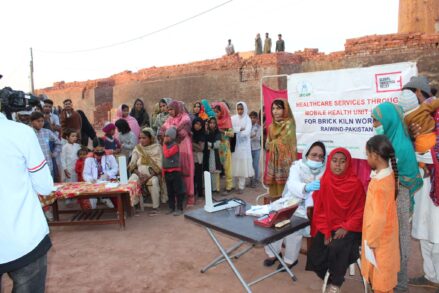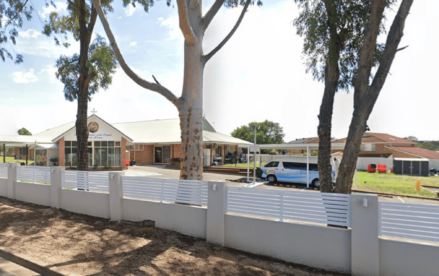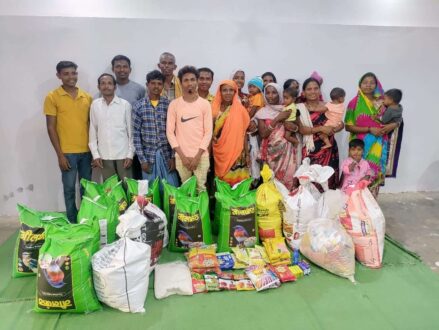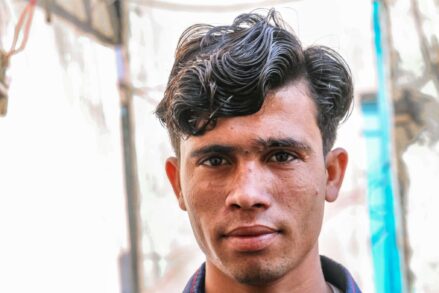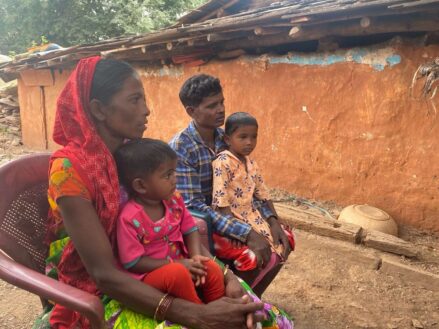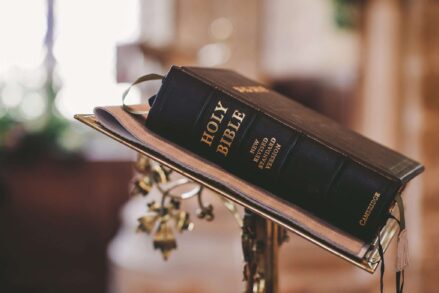Boko Haram has long been one of the most infamous terrorist groups in the world. Founded in 2002, the group exploded on the scene in 2009 during a failed uprising in northern Nigeria.
Since then, they’ve continued a run of terror, most infamously in 2014 when they kidnapped more than 200 female students from a school in Chibok, Nigeria, leading to the worldwide #BringBackOurGirls campaign.
Most recently, they killed 25 Christians in a door-to-door murder spree. Independent estimates have found that nearly 35,000 people have been killed in conflicts with Boko Haram since 2011. Their run of death, sexual violence and destruction has lasted for a decade.
And yet, it can be hard to know who or what Boko Haram is, or what they want. Here are seven things you should know about Boko Haram—keep them in mind when you pray for your brothers and sisters facing the reality of attacks from Boko Haram on a daily basis.
Their goal is an Islamic state, governed by their version of Islam.
Boko Haram, officially known as Jama’atu Ahlis Sunna Lidda’awati wal-Jihad (or, since 2016, Wilāyat Gharb Ifrīqīyyah), is an Islamic terrorist group that has killed thousands. But what do they want?
The BBC’s translation of their official name suggests their ultimate goal: “People of the Sunnah (the practice and examples of the Prophet Mohammad’s life) for Preaching and Jihad Group.” In short, they view themselves as the ultimate expression of Islam, carrying out the true preaching and mission of the Muslim faith, which in their extremist view means fighting a holy war. Even the name “Boko Haram” roughly means “Western education is forbidden.” They believe anything outside of their radical interpretation of Islam is meant to be fought against and is not to be accepted. To do this, their ultimate aim is to set up an Islamic state in northern Nigeria.
Despite the claims of Nigeria’s leaders, Boko Haram is not defeated.
In early 2018, President Muhammad Buhari, the current leader of Nigeria, declared that Boko Haram had been defeated. Since that statement, more than 1,300 people have died at the hands of Boko Haram. In late 2018, in the run-up to the Nigerian presidential election, Boko Haram attacked multiple villages in Northeast Nigeria, again showing they are not defeated but are in fact still a powerful force of terror for Nigerians.
Boko Haram Attacks Christians…
Boko Haram specifically targets Christians; the group seems to think Christianity is tied to the West, the non-religious government of Nigeria or other ethnic groups they oppose. Boko Haram frequently targets churches and often attacks villages where Christians are the majority religious group. To Boko Haram, Christians are outsiders to be killed.
…but not only Christians
Boko Haram targets anyone who doesn’t share their narrow view of Islam. That means they often also target more moderate Muslims or Muslims who don’t come from the same school of radical, hardline preaching that Boko Haram claims. One report notes “despite Boko Haram’s murderous hostility to Christians, most of its victims have always been Muslim, not least because the insurgency takes place in a predominantly Muslim part of the country.” Boko Haram targets those it deems to not be “real” Muslims, so they have attacked mosques and Muslim civilians in Nigeria, as well.
The group has split into two factions, one of which has pledged allegiance to the Islamic State group.
Boko Haram’s continued targeting of Muslims is one reason that it split into factions in 2016. In 2015, the leader of Boko Haram had pledged allegiance to the Islamic State group, the group that was in the process of brutally destroying ancient Christian communities in Iraq and Syria. But ISIS demanded Boko Haram stop targeting Muslims and Muslim targets. The leader of Boko Haram refused, so ISIS appointed a new leader. Now, there are two rival groups, one claiming allegiance to ISIS (now known as ISWAP, or the Islamic State’s Western Africa Province) and one still primarily known as Boko Haram that continues to attack mosques and Muslim civilians. Both share a hatred for Christians.
Their victims are in countries besides Nigeria.
Because Boko Haram is not in a specific geographic area, their attacks have ranged beyond Nigeria. They have also conducted terrorist attacks in Niger, Chad and Cameroon, which has resulted in dramatic refugee and humanitarian crises. They are even regarded as “slave raiders” who target women in raids for “wives” in the areas around Lake Chad, which borders Chad, Niger, Cameroon and Nigeria.
The impact of Boko Haram on the Christian community in Nigeria is staggering.
In just a small sample of the damage inflicted on the Christian community, a single geographic area has seen 5,000 Catholic Christians killed and 100,000 Catholic Christians displaced. The infamous Chibok kidnappings took place in Chibok, a largely Christian community—some 112 girls remain missing even five years later.
While not all of the thousands of deaths of believers are due to Boko Haram, the group still accounts for many deaths in northern Nigeria. And perhaps most devastating, it leads to a constant, gnawing fear for many Christians, uncertain if they will face attacks from Boko Haram at any point.
Top photo: Boko Haram fighters speak in an unidentified place. (AP Photo/Boko Haram,File).
